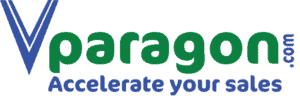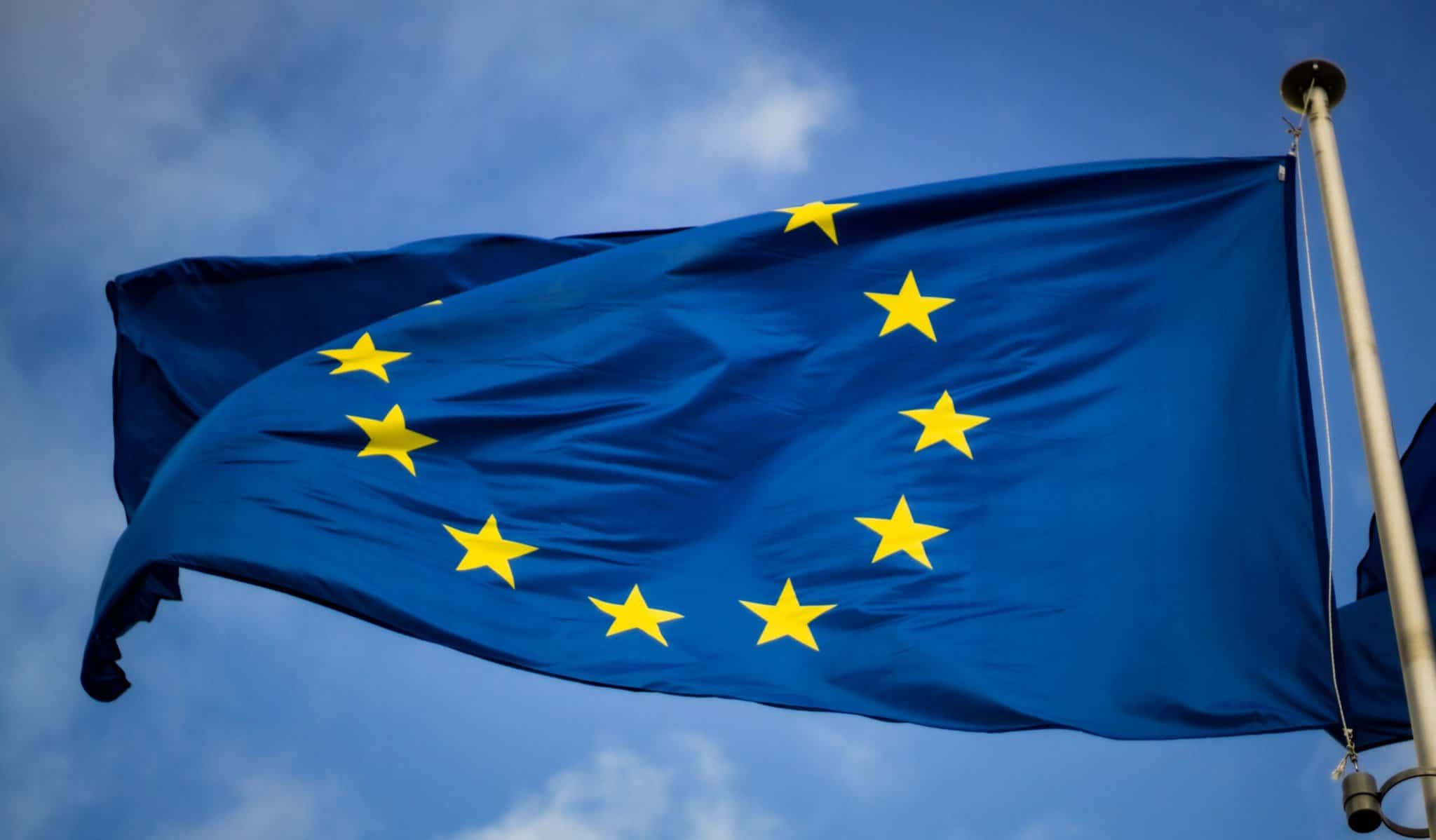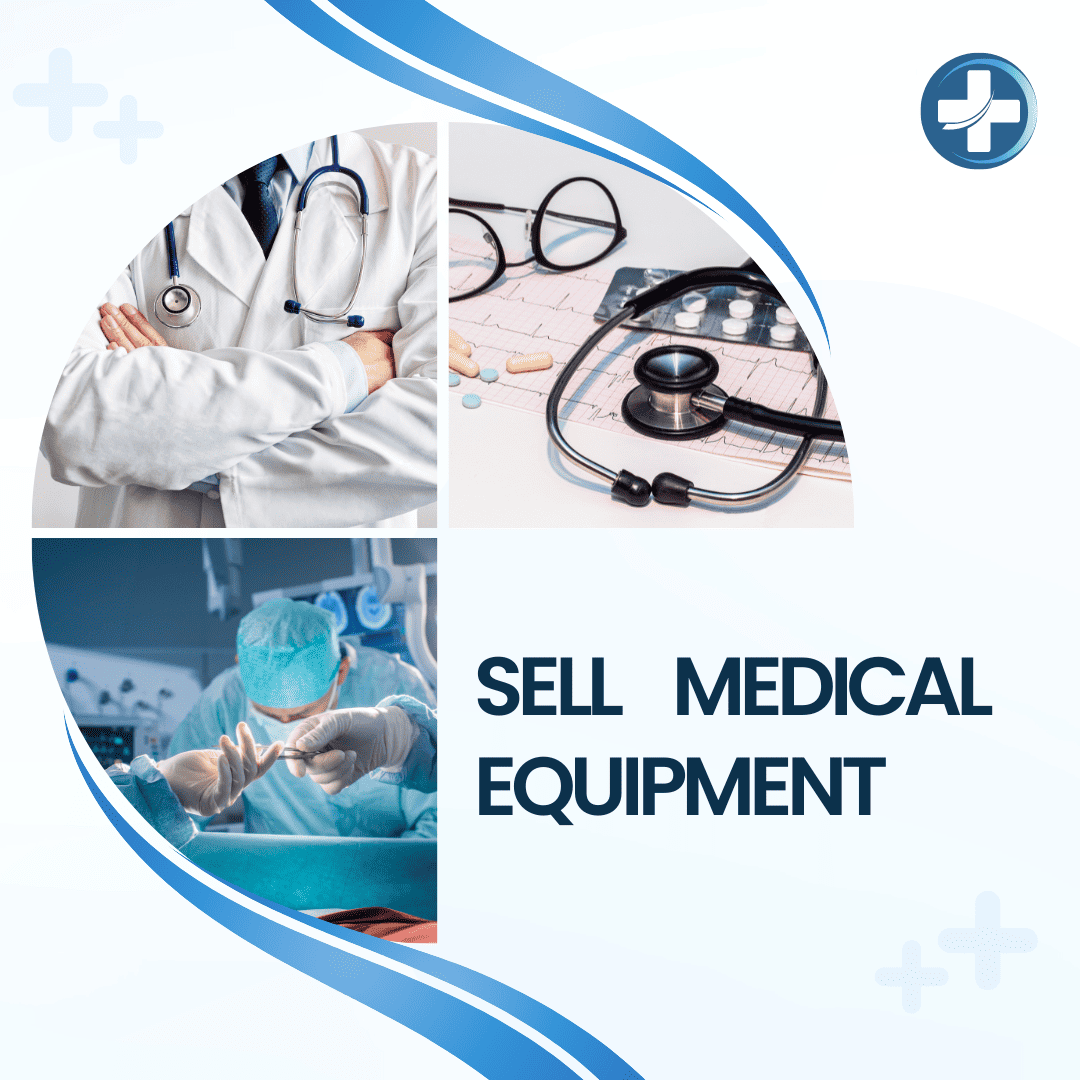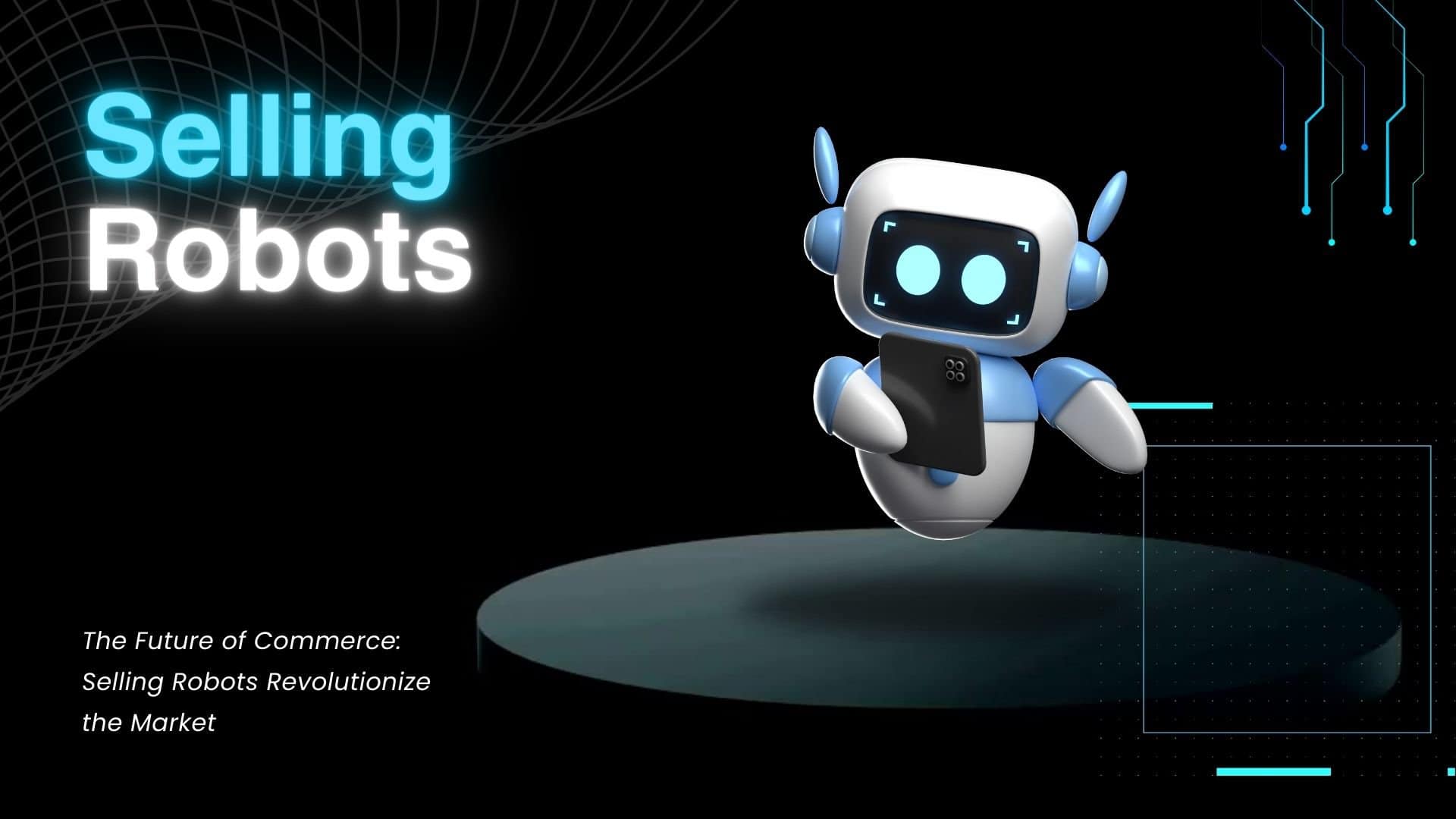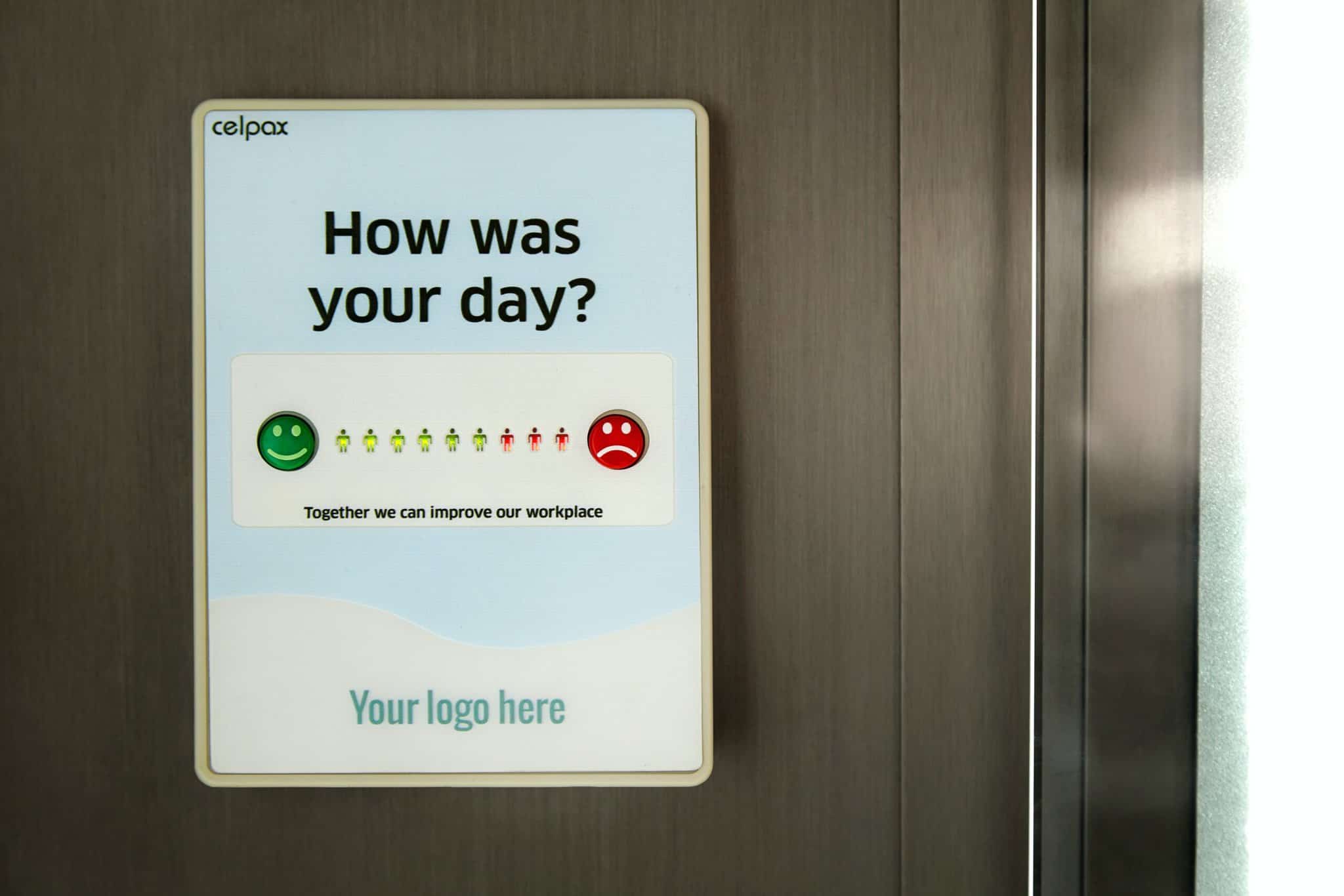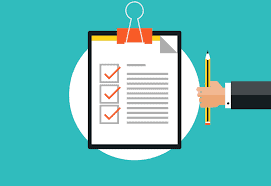Software sales in Europe present a significant opportunity for businesses to expand their market reach. With a diverse and technologically advanced market, Europe offers a vast customer base and potential for growth. Expanding into European markets allows companies to tap into a highly skilled workforce, access government support for innovation, and benefit from a robust infrastructure. By strategically targeting European customers and adapting to local preferences and regulations, businesses can effectively sell their software and capitalize on the numerous opportunities that Europe has to offer.
Introduction
The European landscape, brimming with rich culture, business diversity, and an inclination for digital growth, presents software companies with a promise of expansion and revenue growth. The unique amalgamation of countries, each with its distinctive market behavior, requires a nuanced approach for those keen on maximizing software sales in Europe.
Understanding software sales in Europe.
Europe isn’t just a continent; it’s a mosaic of varied tech appetites. Whether it’s the Nordic countries leading in digitization or Eastern Europe rapidly catching up, there’s a story everywhere. The confluence of stable economies with emerging markets offers a broad spectrum of opportunities for software solutions ranging from enterprise to consumer-focused applications. A software sales agency can help you enter the European software sales landscape.
Benefits of Expanding into Europe
Europe’s mature markets, combined with the burgeoning demand in its developing regions, make it a lucrative venture for software enterprises. Enhancing software sales in Europe can lead to increased global recognition, the promise of scalability, and a diverse revenue stream.
Market Research
Every successful venture into a new market starts with meticulous groundwork.
Identifying Target Countries
Some software solutions may find a better fit in the tech hubs of Germany or the UK, while others might resonate more in the developing IT landscapes of countries like Poland or Bulgaria. Comprehensive demographic, economic, and technological data analysis can provide clearer insights.
Evaluating Local Competition
Competition assessment isn’t about intimidation but understanding. By dissecting the strategies of local players, international entrants can identify gaps, unique selling points, and potential collaboration opportunities.
Localization and Cultural Considerations
It’s not about fitting in; it’s about belonging.
Language Adaptation
European languages are diverse and nuanced. Proper localization goes beyond translation; it captures the essence, humor, and emotions of the local language. This is particularly crucial for software user interfaces and customer support.
Adapting to Local Business Practices
European business etiquettes can vary dramatically. In some countries, business is formal and structured, while in others, personal rapport plays a pivotal role. Understanding these nuances can lead to better negotiations and partnerships.
Legal and Regulatory Compliance
Europe’s legal landscape is as diverse as its culture.
Understanding GDPR and Data Protection
GDPR is more than just a regulation; it’s Europe’s statement on data privacy. For software companies, adhering to GDPR is not just about avoiding fines—it’s about earning the trust of millions of potential customers.
Licensing and Intellectual Property Rights
Intellectual property and software licensing regulations can be intricate in Europe, with regional and country-specific deviations. Thorough legal consultations can prevent potential pitfalls and safeguard a company’s assets.
Building Trust and Establishing Relationships
Europe values tradition, trust, and long-term relationships.
Partnering with Local Resellers
Local resellers, with their established networks, can fast-track a software company’s entry into new markets. Their insights can be invaluable in tailoring offerings to local tastes.
Attending Trade Shows and Conferences
Europe hosts numerous global tech events. These aren’t just promotional platforms—they’re melting pots of ideas, trends, and collaborations. A consistent presence can exponentially increase brand visibility and drive software sales in Europe.
Effective Marketing Strategies
Europe responds to stories, emotions, and values.
Localized Advertising and PR Campaigns
Advertisements and PR campaigns that echo local tales, aspirations, and challenges strike a chord with European audiences. They don’t just drive sales but foster brand loyalty.
Utilizing Social Media and Influencers
The European social media landscape is vast, with regional favorites alongside global giants. An influencer in Spain might set trends in software tools, while a YouTuber in Sweden could be the go-to for gaming software reviews. Tapping into these networks can propel software sales in Europe.
Sales and Distribution Channels
The final step in the software sale journey is ensuring efficient and tailored distribution.
Direct Sales vs. Distributors
While direct sales offer a firsthand interaction with clients, distributors can leverage their established networks for quicker market penetration. The decision hinges on a company’s capacity, objectives, and the nature of the software solution.
Exploring Online Marketplaces
European consumers are increasingly embracing online marketplaces for software purchases. These platforms, equipped with reviews and ratings, can significantly enhance software visibility and credibility.
—
In conclusion, penetrating the European software market isn’t just about offering a stellar product—it’s about understanding, adapting, and integrating into its diverse fabric. Those who succeed don’t just witness enhanced software sales in Europe but form lasting bonds with a market known for its loyalty and innovation appetite.
